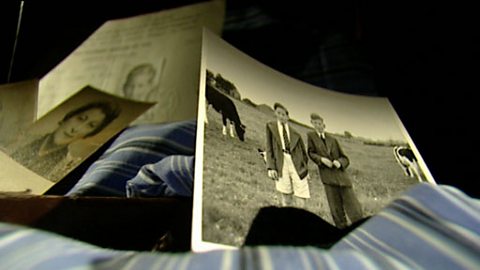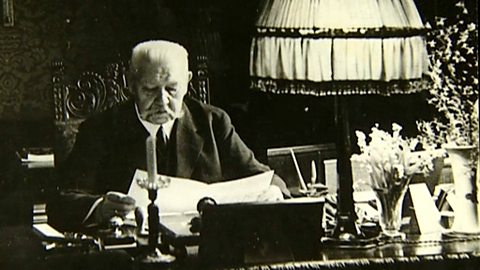How Hitler became chancellor
Description
Paul von Hindenburg took direct control of the German government in 1931 using the emergency powers allowed under the Weimar Constitution. He feared a seizure of power by Hitler, but came to believe he could control him and appointed him chancellor in 1933, with three other Nazis in the Cabinet and Goering controlling some police forces. Hitler then used the SA (Sturmabteilung, also known as the brownshirts) as his private army to intimidate opponents. An eyewitness describes how one young man escaped from the SAÔÇÖs ÔÇśprotective custodyÔÇÖ. New elections were called for March. The Reichstag fire took place just before, but it is not known who was to blame, although a young Dutch communist was accused. Hitler gained 233 out of 560 seats, still not an overall majority, but an alliance with the nationalists and the expulsion of the communists increased this to 286 seats, allowing him to take overall control.
Classroom Ideas
Students could use the information to write a step-by-step guide on how to become a powerful dictator in a country struggling after a war. It could also be used as evidence that Hitler was central to the rise of the Nazis. Recap how the Nazis came to power and introduce reasons why the Nazis had such little opposition. Debate how successful the Nazis would have been without Hitler.
Germany (1815-1939)
Now playing video 5 of 7
- 2:12

- Now playing2:04
